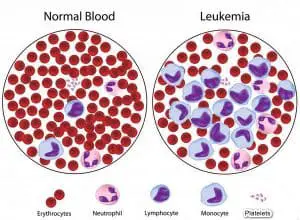

What is eosinophils in blood test for dogs?Įosinophils (EOS): These are a specific type of white blood cells that may indicate allergic or parasitic conditions. However, increased ALP activity has a high sensitivity (86%) but poor specificity (49%) for canine liver disease. It is typically used as a diagnostic marker for cholestatic liver disease. What is alp in blood test for dogs?Īn increase in serum alkaline phosphatase (ALP) activity is a common laboratory finding in dogs. The highest cellular concentrations occur in the cytosol therefore the enzyme is released following severe, acute and diffuse hepatocellular necrosis. ALT is a liver specific enzyme in the dog and cat. Alanine aminotransferase (ALT, formerly SGPT). GGT (gamma-glutamyl transpep- tidase) is an enzyme that, when ele- vated, indicates liver disease or cor- ticosteoid excess. Mild to mod- erate elevations in older animals is not uncommon. ALKP (alkaline phosphatase) ele- vations may indicate liver damage, Cushing's disease, and active bone growth in young pets. EOS (eosinophils) are a specific type of white blood cells the if elevated may indicate allergic or parasitic conditions.


If these are elevated it can indicate an infection or cancer. NEU, LYM, MONO (neutrophils, lymphocytes, monocytes) are specific types of white blood cells which fight infection. Alanine aminotansferase (ALT): This test may determine active liver damage, but does not indicate the cause. What is alkp in dog blood test?Īlkaline phosphatase (ALKP): Elevations in this test may indicate liver damage, Cushing's disease or active bone growth in a young dog. commonly associated with response to need for platelets (not significant in the cat) PDW (platelet distribution width)-increases in this objective measure of variability of platelet. MPV (mean platelet volume)-increases indicate presence of larger than normal platelets.


 0 kommentar(er)
0 kommentar(er)
